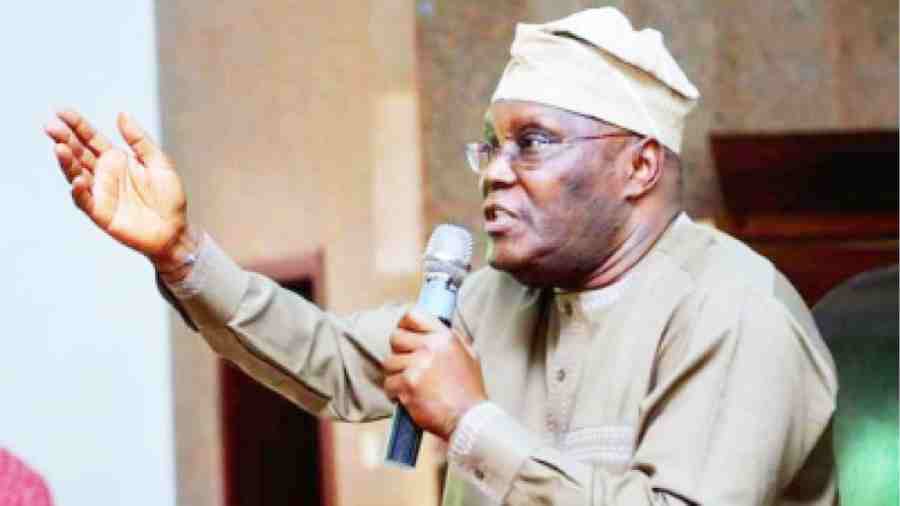Atiku, the original font of change
It was Atiku Abubakar, as the presidential candidate of Action Congress (AC) that originally wielded the broom, as a symbol of change. It was in November, 2006, and I was at the Old Parade Ground, Abuja to witness his declaration of his presidential candidacy. I was focused, my eyes and mind wholly fixated on the […]

Alhaji Atiku Abubakar
It was Atiku Abubakar, as the presidential candidate of Action Congress (AC) that originally wielded the broom, as a symbol of change. It was in November, 2006, and I was at the Old Parade Ground, Abuja to witness his declaration of his presidential candidacy. I was focused, my eyes and mind wholly fixated on the unfolding political event. It was a stately event: an extensive gathering of Nigerians of all social strata with a fair sprinkling of none Nigerians of all hue. It was even more of a grand event for its potentiality. It could potentially determine the next president of Nigeria, and then, the course of the country for the next four years, possibly, eight years.
As Atiku arrived, the crowd surged towards his motorcade and the VIP stand to catch a glimpse of him. Drawn by that indescribable magnetism that makes people gravitate towards great leaders, they throng around him, as though that just a fleeting view of him will validate not only their presence at the event, but also, their support for him. Later, as he walked from the VIP stand to the podium to deliver his speech, I got a good view of him. There was an aura of admirable modesty and dignified reserve about him. He wore the laurels of his office, vice presidency, with flair, yet and humility. He delivered his speech from a prepared text. I listened very carefully because I am too aware of the power of words. Fashioned into prose, they outlive the momentary event of the day, a presidency, and even an era.
His speech was about forty minutes long. It was neither prolix nor overly concise. He is not a demagogue; therefore, his delivery was not that of a feisty, fiery orator. It was not a forum for rabble-rousing, therefore, the speech was not a propaganda masterpiece. It was as sombre as it was uplifting, reflective as it was inspiring. It was a treatise on the political and societal realities of Nigeria. It touched on our perils and prospects, problems and potentials, limitations and strengths, woes and resourcefulness. His audience applauded repeatedly, because it struck a chord in their minds. It was responsive to their legitimate aspirations – their desire for a good life and their yearning for social justice. The leitmotif of his speech was change.
Lamentably, over the years, vulgar temperaments and unenlightened minds appropriated the word, change. They rode to power with their change mantra and make-believe incorruptibility. More than three years later, Nigerians are totally dissatisfied by the Muhammudu Buhari administration’s change – attended by incomparable mass poverty, heightened insecurity and compounded ethnic/sectarian strife. Therefore, just as twelve years ago, when Atiku first brandished his symbol of change, the broom, there is still a need, even, a more urgent need for change – the reformation of Nigeria.
Atiku Abubakar is a consummate insider with knowledge and experience spanning the Nigerian bureaucracy, business and politics. He is a former vice president campaigning to be the president of Nigeria. He has made it clear to Nigerians that he wants power, not as an end in itself, but to use it to get the Nigerian economy flourishing, and thus, lift millions of Nigerians out of poverty.
Tochukwu Ezukanma Lagos, Nigeria
